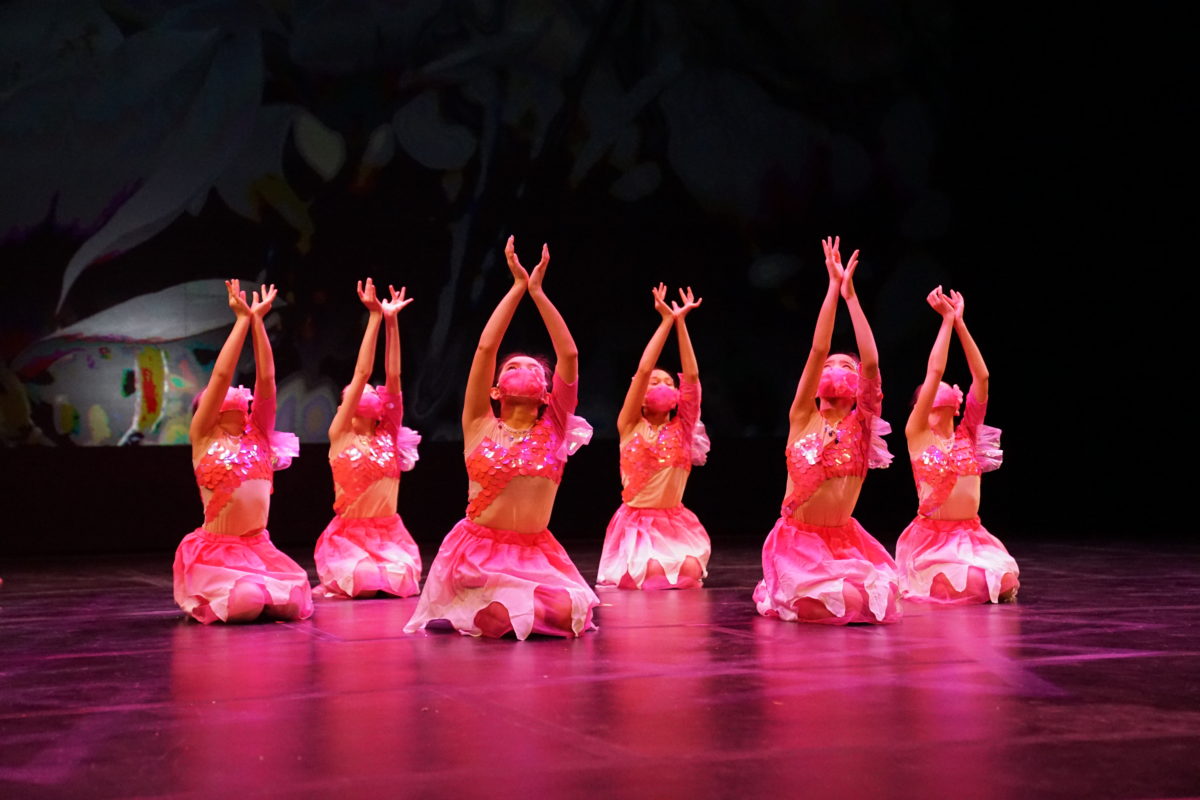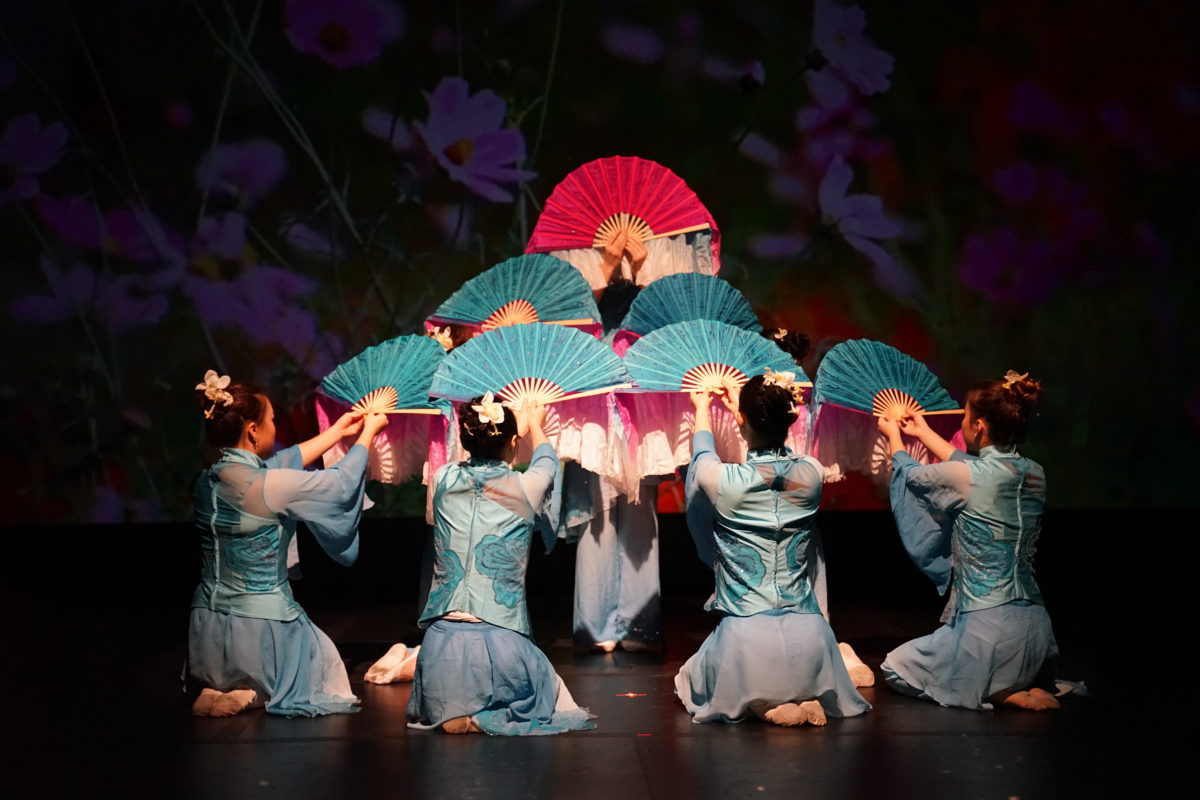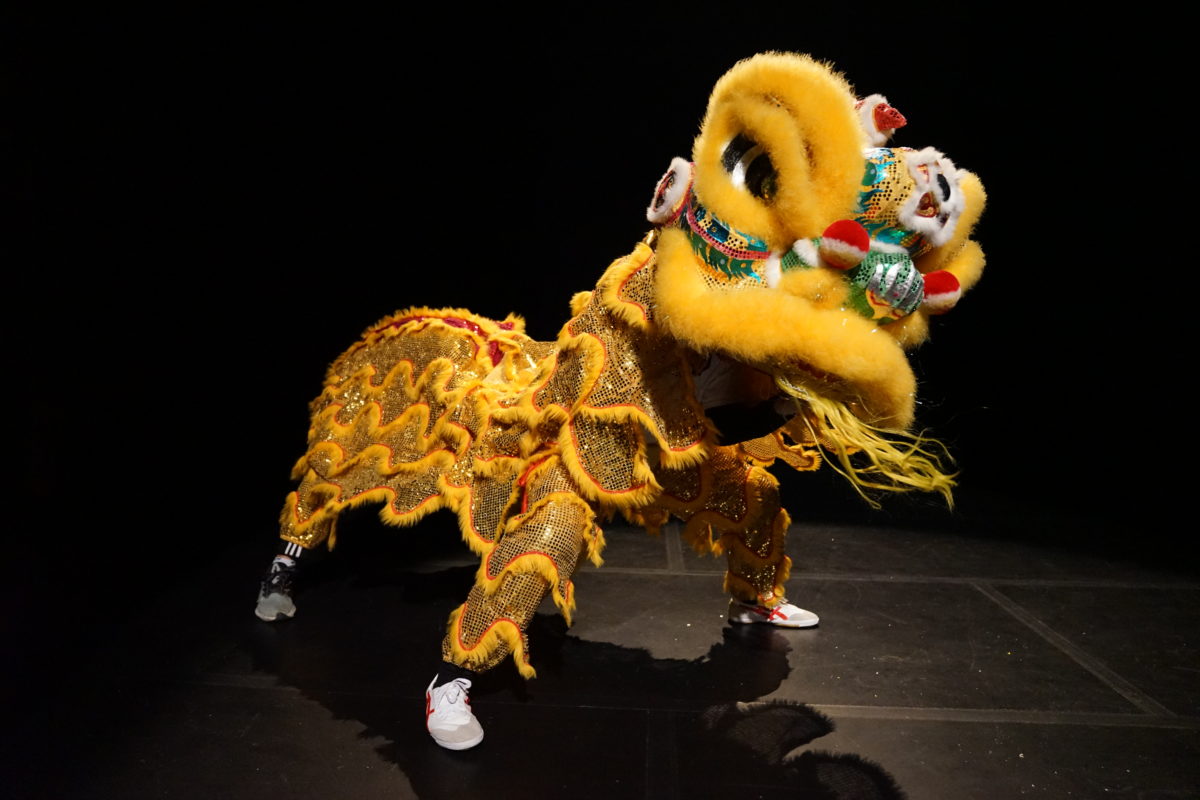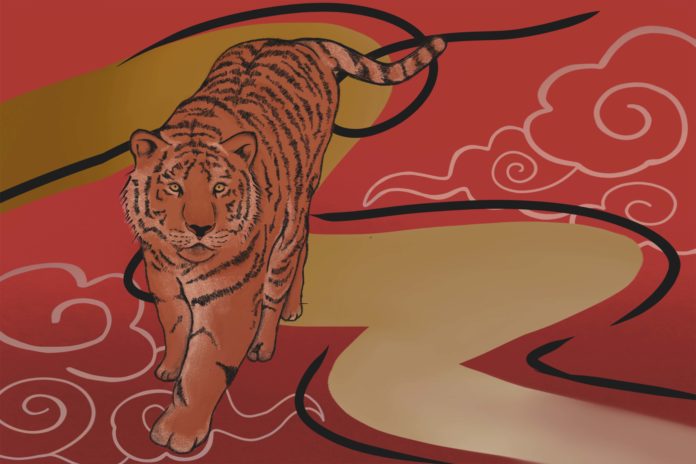The Tiger is a symbol of strength and courage — the king of the forest — according to Minh Nguyen, the vice-president of the Vietnamese Students Association in Fredericton.
The Year of the Tiger began on Feb. 1.
“There is a belief that people who were born in the Year of the Tiger … are ambitious, enthusiastic, generally generous and confident.”
Zodiacs are an important part of the Lunar New Year, which marks the start of the lunar calendar that is used in the majority of Eastern countries.
The traditions around Lunar New Year are different in every country and continue to vary depending on the specific region. In Vietnam, the holiday is called Tét and Korean communities refer to it as Seollal. In China, it is called Chinese New Year or the Spring Festival.
Tét
Quynh Nguyen is the president of the VSA. Both Quynh and Minh grew up in southern Vietnam and now go to the University of New Brunswick. During Tét, the VSA made videos and educational posts about the holiday.
In Vietnam, preparations for Tét begin weeks before the calendar year starts.
One way people prepare is to sweep out their house and put up decorations. Cleaning before the new year gets rid of all the bad things of the past year.
“If you clean or sweep the house after or during Lunar New Year, it means you’re sweeping away or you’re getting rid of the luck,” said Minh.
Kitchen Gods’ Day is a holiday within Tét that falls on Dec. 23 this year. Quynh said the Kitchen Gods are responsible for overseeing all the issues of the household during the year.
“[The Kitchen Gods] need to go to heaven to report to the Jade Emperor,” said Quynh.
Another important tradition for people in Vietnam is to visit their ancestors’ graves.
“We believe that when our ancestors passed away, their spirit still stays there with the family,” said Quynh.

Visitors invite their ancestors to celebrate the holiday with their family. Quynh said that Lunar New Year is a reunion that strengthens the connections between generations.
When Minh lived in Ho Chi Minh City, he saw the streets empty out as people returned to different parts of the country in which they grew up.
On Lunar New Year’s Eve, the streets in major Vietnamese cities are packed by the thousand to see fireworks.
For Lunar New Year’s Eve dinner, Minh said families sit down catching up on each other’s lives while enjoying a meal.
One classic dish of Tét is sticky rice cake — Bánh Chung is the square cake and Bánh Tét is shaped like a circle.
“A long time ago, the king tapped his funds to bring different kinds of foods and one of his sons came up with the idea of making the square sticky rice cake to represent the earth and the circular cakes to represent the sky,” said Minh.
The cakes are wrapped in banana leaves and filled with pork and mung beans. Minh said that it is often eaten with pickled vegetables to bring out the taste, help with digestion and add balance to a heavy meal.
Another traditional dish is braised caramelized pork with duck or quail egg. Minh said it has a brackish taste and is not very salty. He likes to eat the dish with rice or a glutinous rice cake.
“During the new year, the market would be closed, so people would make a large pot of braised pork to eat through the Lunar New Year,” said Minh.
Both Minh and Quynh couldn’t go home this year because of the pandemic, but celebrated with their friends in Fredericton.
They also held an event with the VSA where students made decorations for Lunar New Year on display at Betty Lee’s Baking Paradise, now called Tobe Milk Tea, in downtown Fredericton.
Chinese New Year

Loewe Xu, who currently volunteers at the Chinese Cultural Association of New Brunswick, grew up celebrating the Chinese New Year in Shanghai.
He said the Spring Festival is when all the ghosts of the past year are aired out to make way for a new year.
“People want to get rid of ghosts and so that’s why they use fireworks — to scare the ghosts,” said Xu.
On Lunar New Year’s when he was young, his parents and grandparents would give him a red envelope with money inside.
“Not too much,” said Xu. “Really, it [represents] fortune.”
It is custom for the red envelope to come from a friend’s parents or a boss. In some parts of China, the red envelope is handed out to well-wishing strangers.
Xu said in China, if people stop and say hello or wish him a happy new year, he will give them a red envelope. Even if there is only $1 inside, he said it is the gesture that is important.
In Shanghai, Xu’s family would get together and have dinner at a different relative’s house every night of Lunar New Year — a 15-day celebration in China.
Traditional food for the holiday varies in the north, south and east. In the north, they will eat dumplings or jiaozi.
“Sometimes they will put a coin in the jiaozi — that’s luck.”
Xu said he would see a variety of meats on the table like chicken, duck and pork. His family would prepare fish and put it on the table but refrain from eating it.
“You should [leave] the fish on the table because that means you will have savings,” said Xu. “You should not empty everything.”
They eat the fish for leftovers the next day.

Lunar New Year is the peak season for travel in China, as families return to the town where they grew up.
Xu moved to Fredericton in 2019 and hasn’t been able to travel home since the start of the pandemic. But, that doesn’t mean he celebrated alone this year.
“You can still have a family environment in this small town,” said Xu. “We still have dinner, we still drink.”
He still gave his daughter and her friends’ red envelopes.
Xu also helped with the Chinese Cultural Association of New Brunswick’s Lunar New Year gala. The online event originally aired on Jan. 29, but is now available on YouTube.
The one-hour video showcases dancers, martial art performers and singers. Xu said traditions make his home feel less far away.
This year, they also interviewed people living in Fredericton. People talked about their neighbours and how they have found a new home here while still celebrating where they are from.
Xu said he does not want Chinese children who are born in Canada to forget their culture. It is important to him that people still learn to speak and write Mandarin.
“We need every Chinese-Canadian kid here to know the culture so [they] will feel confidence here.”
Although the Lunar New Year gala was online this year because of the pandemic, Xu said this had its advantages. Instead of only reaching 100 people in the Fredericton Playhouse, it was accessible to any number of people who wanted to watch.
“Celebration is important,” said Xu.


